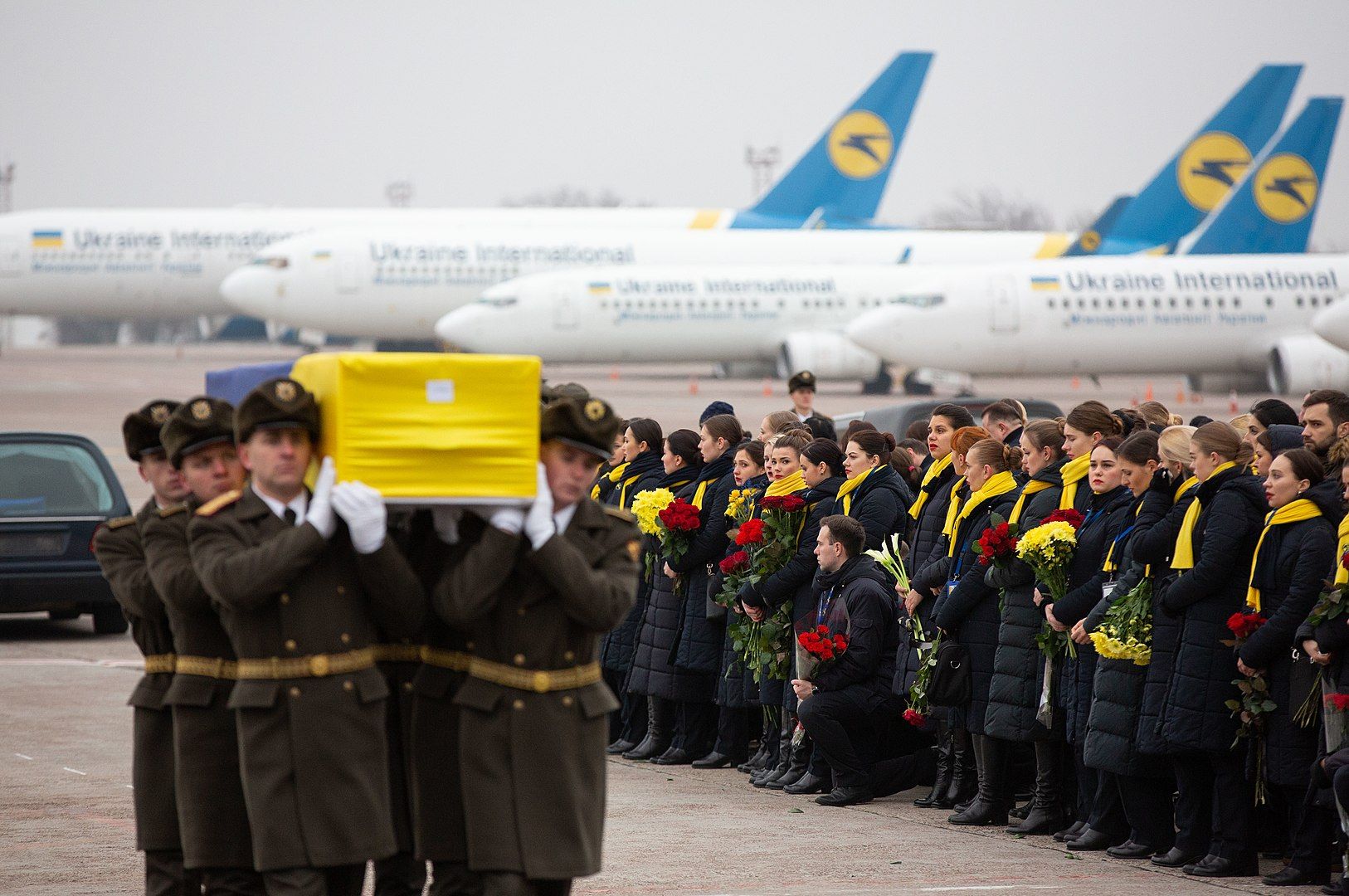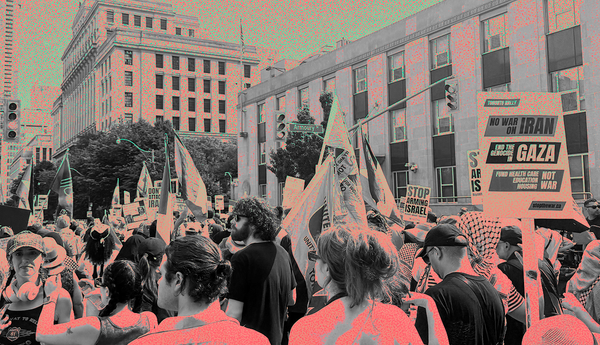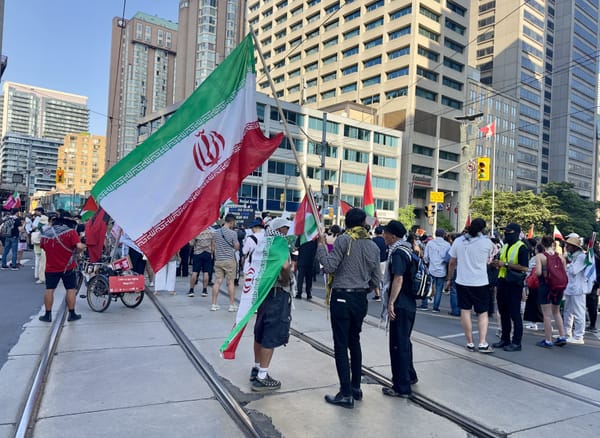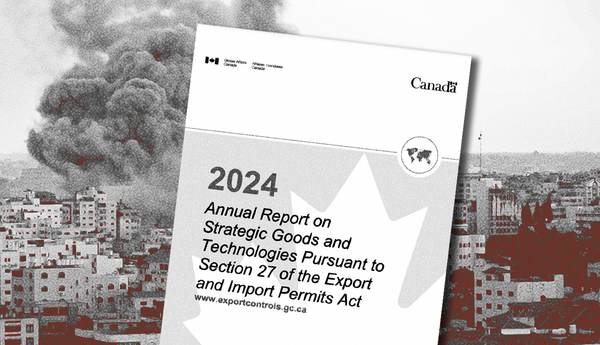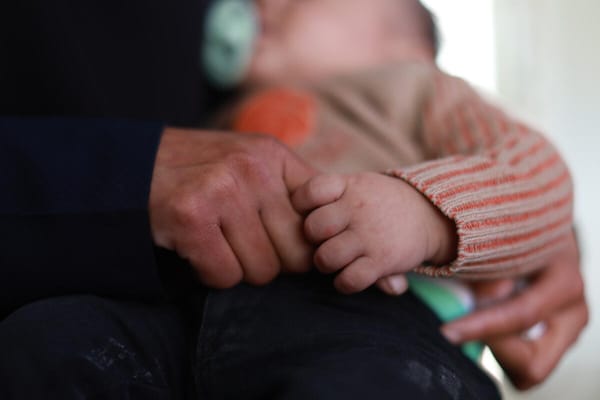Weeks before the COVID-19 pandemic brought the world to a screeching halt, fears of an all out war between the United States and Iran captured headlines around the globe.
Last January, the assassination of Major General Qassem Soleimani, a senior Iranian government official, by a U.S. drone in neighbouring Iraq triggered a widespread crisis in the region. Diplomats scrambled to prevent a full blown conflict, but within days, dozens of Iranian missiles rained down on an American military base in central Iraq, injuring more than 100 U.S. troops. Anticipating a response from the Donald Trump administration, Iranian defence systems were placed on high alert.
A tragedy then took place: On January 8, minutes after taking off from Tehran’s international airport, Ukraine International Airlines Flight 752 was mistaken for an American cruise missile and shot down by Iranian forces, killing all 176 aboard the airliner.
Across Canada, grief for the dead swelled following the revelation that so many on board had ties here. Among Iranians across this country, including this writer, the fears of a potential world war were overcome by confusion and a crippling sadness.
In cities, towns, workplaces and universities, vigils were organized for the victims’ families, and communities across the country mourned as one. On the international stage, Canada was now further embroiled in the conflict between Iran and the U.S.
Prime Minister Justin Trudeau, who recently designated January 8 as a National Day of Remembrance for Victims of Air Disasters, acknowledged that had it not been for the heightened tensions between the U.S. and Iran following the killing of Soleimani, “those Canadians would be right now home with their families.”
In the weeks that followed the accident, Canada pressed Iran’s government for answers. But in the absence of diplomatic ties, which Ottawa unilaterally severed in 2012, Canadian officials could gain only limited access to Iran.
Although the downing of the aircraft prompted a series of talks between Canadian and Iranian leaders, no serious attempt has been made to re-establish formal relations and prevent similar consular crises in the future. As Canada’s last ambassador to Iran, John Mundy, lamented in 2012, “once diplomatic relations have been suspended it is very difficult to get them back.”
There is a political reason behind the prolonged absence of diplomacy between Ottawa and Tehran. The previous federal government, led by Stephen Harper, legislated Iran as a state sponsor of terrorism, entrenching its policy of disengagement for years to come.
In 2018, Dennis Horak, who led Canada’s mission in Iran until 2012, said, “It was a stupid law. And it’s still a stupid law. But we’re stuck with it.” Trudeau has previously indicated a willingness to re-establish relations with Iran, but doing so could mean amending this piece of legislation, which allows for the seizure of Iranian state assets.
A recent federal report on the downing of Flight 752 acknowledged the difficulties posed by the lack of a diplomatic presence in Tehran, and also raised some important questions about the events that took place last year. The stinging report, however, is not an alternative to sustained diplomacy between national governments, which has become somewhat of a political football between the Conservative and Liberal parties.
The critics of engagement with Iran contend that Tehran is an unsavoury actor and that relations with Ottawa would grant its government further legitimacy on the global stage. But standing in opposition to diplomacy should never become a viable position in the practice of foreign policy. Basic diplomatic relations have, since ancient times, been recognized as an essential aspect of statecraft among allies and adversaries alike. Particularly in the wake of the tragic downing of Flight 752, the significance of a diplomatic presence and consular services shouldn’t be downplayed.
This type of political posturing achieves little in the way of policy, and ultimately, Canada watched from the sidelines as world powers negotiated with Iran on its nuclear program. Perhaps the process of diplomacy poses a threat to advocates of sanctions and regime change because it holds the potential for peace.
To be clear, diplomatic overtures between governments are not always successful, but there are dangerous downsides associated with prolonged estrangement between societies. This characterizes America’s relations with Iran since 1979. In the following decades, Iran’s government has been presented as a foil to Western values — helping uphold a constellation of policies that starve its people and isolate its economy — all in the name of U.S. national security.
Even amid the ongoing pandemic, the Trump administration blacklisted the few remaining financial institutions that facilitate humanitarian trade with Iran, and only recently approved Iranian requests to purchase COVID-19 vaccines from the World Health Organization’s COVAX alliance. The absence of a wider campaign to provide Iran economic relief from U.S. pressure during the pandemic illustrates the pervasive nature of a merciless narrative that victimizes Iranians by virtue of their nationality.
Now, the incoming Joe Biden administration in the U.S. presents an opportunity for renewed talks between the two governments. The establishment of a direct channel of communication between Washington and Tehran was critical to the success of the 2015 nuclear accord. As the U.S. prepares to re-enter the deal, it’s clear that the Trump administration’s “maximum pressure” campaign failed to unravel the diplomatic investment put into the agreement.
Across Canada, the downing of Flight 752 necessitated a better understanding of the Iranian Canadian community, which has grown in waves since the 1970s. These attempts have been particularly valuable in the midst of heightened tension in the region, but an understanding of Iran through the lens of U.S. national security persists, helping to amplify regime change activists who agitate for civil strife from abroad. This leaves out the voices of Iranian Canadians advocating for engagement and an end to the punishing effects of economic sanctions.
Without diplomatic representation and cultural exchanges, it’s not difficult to devolve into permanent enemies. That is why sustained and direct diplomacy is the only viable path forward with Iran.

